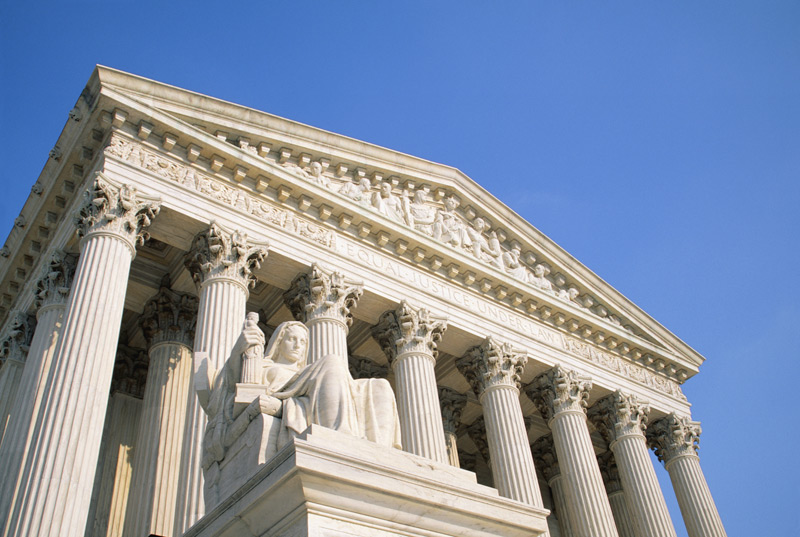Last month the Supreme Court heard two separate cases concerning same-sex marriage. The first was a challenge to Proposition 8, the state of California’s ban on same-sex marriage. Prop 8 was approved by California voters in a 2008 referendum. The second was the Defense of Marriage Act (DOMA) that was signed into law in 1996. The central questions addressed in the Supreme Court deliberations were whether the federal government should be required to provide benefits to same-sex couples in those states that already allow such unions, and if the states have the right to regulate marriage as they see fit.
The State of the Nation
Support of same-sex marriage has grown over the past several years, although critics of the practice are very vocal in their opposition. Supporters of same-sex marriage are hoping the court will erase all bans on same-sex marriage nationwide. Those opposed to same-sex marriage hope that the Court will uphold the current restrictions. Currently, nine states (plus Washington, D.C.) allow same-sex marriage. Twenty additional states allow civil unions or some form of domestic partnership with varying levels of benefits. Thirty-one states have constitutional amendments banning gay marriage altogether.
The case at the center of this debate involves the couple, Edith Windsor and Thea Spyer. These two women have been a couple since the 1960s and were married in Canada in 2007. When Spyer died in 2009, Windsor inherited her property. Because the Internal Revenue Service (IRS) did not recognize Windsor as Spyer’s legal spouse, Windsor was required to pay $360,000 in property taxes. A spouse of the opposite sex would not have been required to pay this tax bill. As a result, Windsor sued to have her relationship legally recognized.
How the Court Reviews Cases

Out of the 7,000 or so cases that appeal to the Court each year, only about 80 are selected to be carefully reviewed by the justices. Unlike other court hearings, there are no witnesses called and no evidence is presented. Each side submits written arguments called “briefs” and the lawyers have 30 minutes each to make an oral argument. During these arguments, the justices often interrupt and ask questions. The justices then go off in private and deliberate.
The Court typically schedules the oral arguments in the fall of their session. Each justice uses its own staff of lawyers and legal aids to consider all of the legal arguments and to write their views on the issues being considered in each case. The justices then meet with each other to try and persuade one another and make changes their their legal arguments. This period of consideration, cooperation, and explanation can take several months. Usually, the justices issue their public rulings , sometimes called Opinions, in the summer months following the oral arguments.
